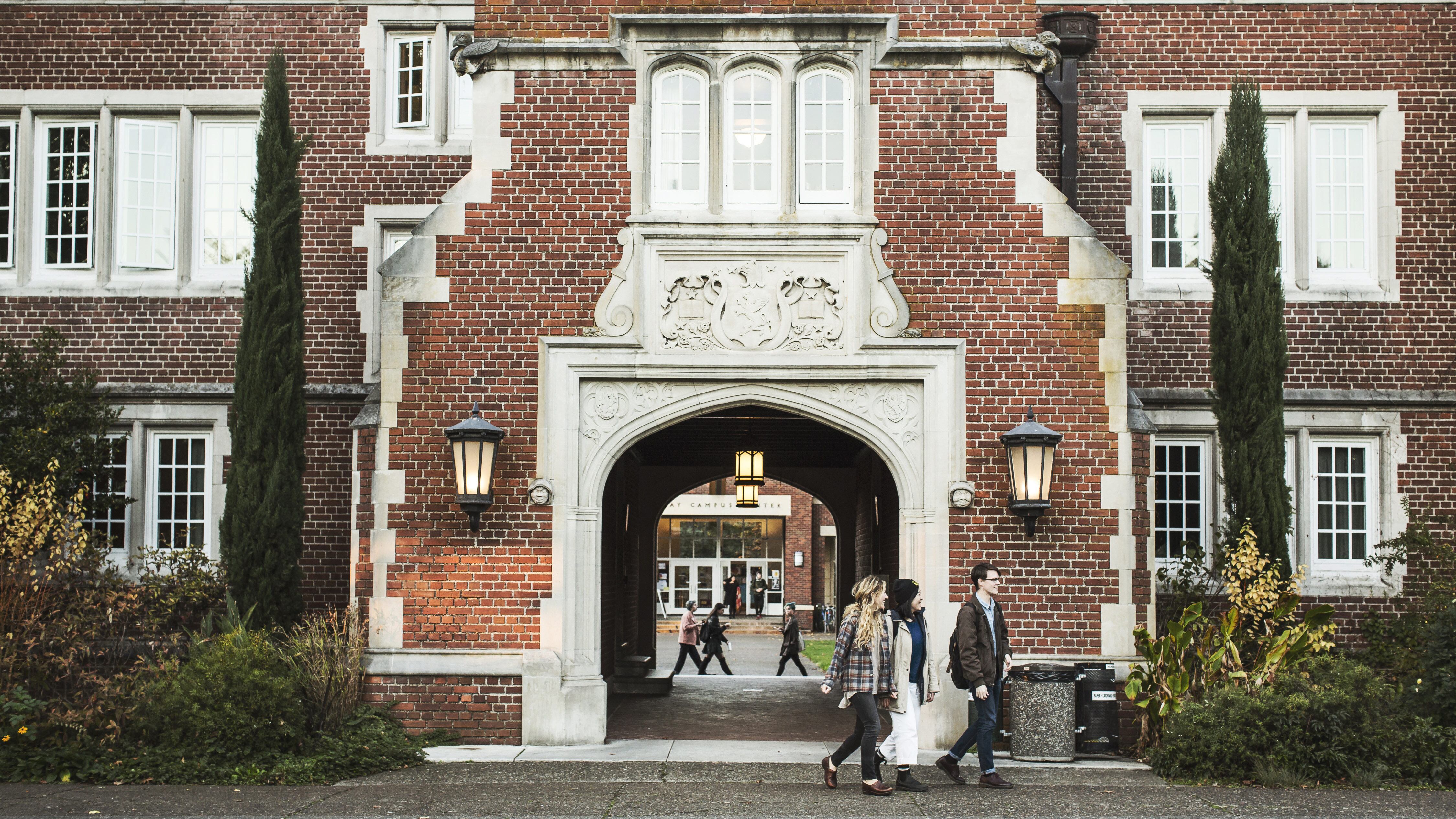For more than a year, Reed College has been embroiled in controversy as protesters disrupt a core humanities class that students must take as freshmen.
But what do the student activists want?
Professors are revolting, taking to the pages of national newspapers to complain about what they call an "extremist moment" on the famously liberal private college campus. Students who don't support the in-class demonstrations have fled lecture halls to study in other classrooms and held their own counterprotest events.
Related: Reed College freshmen have had their fill of the protests.
Reedies Against Racism, the student organization leading the protest movement, has made a list of 25 demands. They start by insisting that the university make more books by people of color assigned reading in the freshman humanities course. But then they stretch beyond.
Here's a look at some of the group's demands, which have been summarized for clarity and space.
1. The group wants Reed to stop investing in companies that it says profit from prison labor. Its primary target is the bank Wells Fargo.
2. The group wants Reed's required Humanities 110 course to "be conscious of the power it gives to already privileged ideas and welcome critique of that use of power." In other words, it wants the course syllabus to include writings by people of color that critique works by Sophocles and Homer. If that doesn't work, it wants the course made optional.
3. It wants Reed's diversity policy to be explicitly "anti-racism/anti-oppressive"—to take a stand against white supremacy, instead of tolerating all viewpoints.
4. It wants student evaluations of instructors to include a new category: "the general openness of professors and their handling of racial topics, gender topics, and queer topics."
5. It wants the university to hold an annual "anti-oppression workshop" for everyone on campus.
